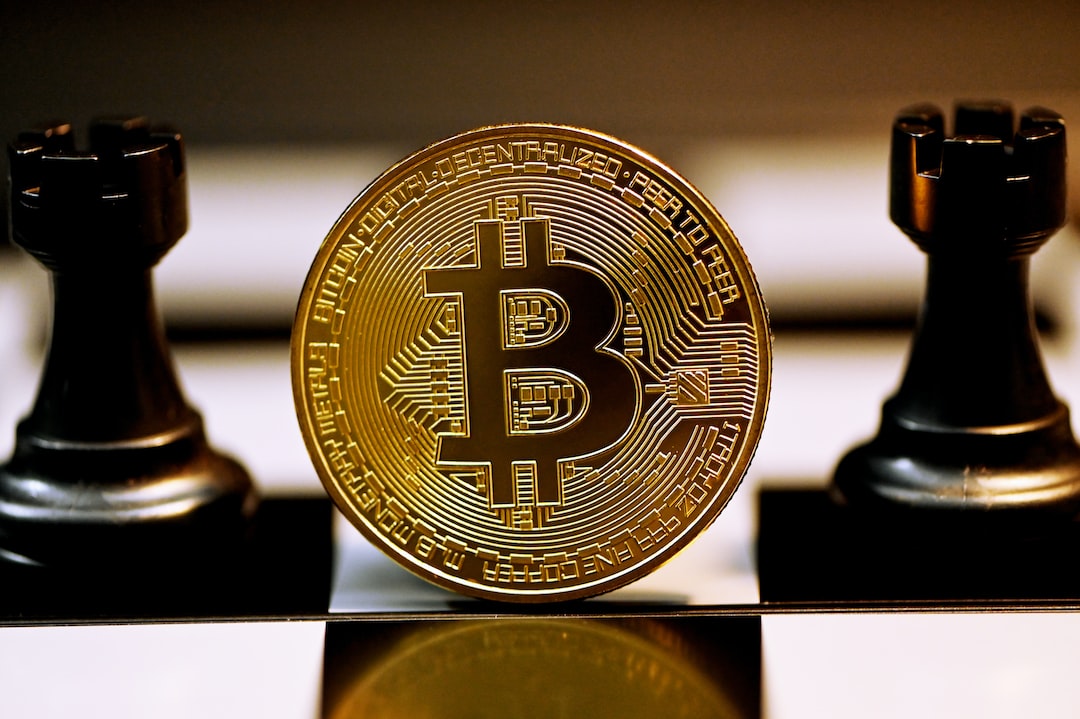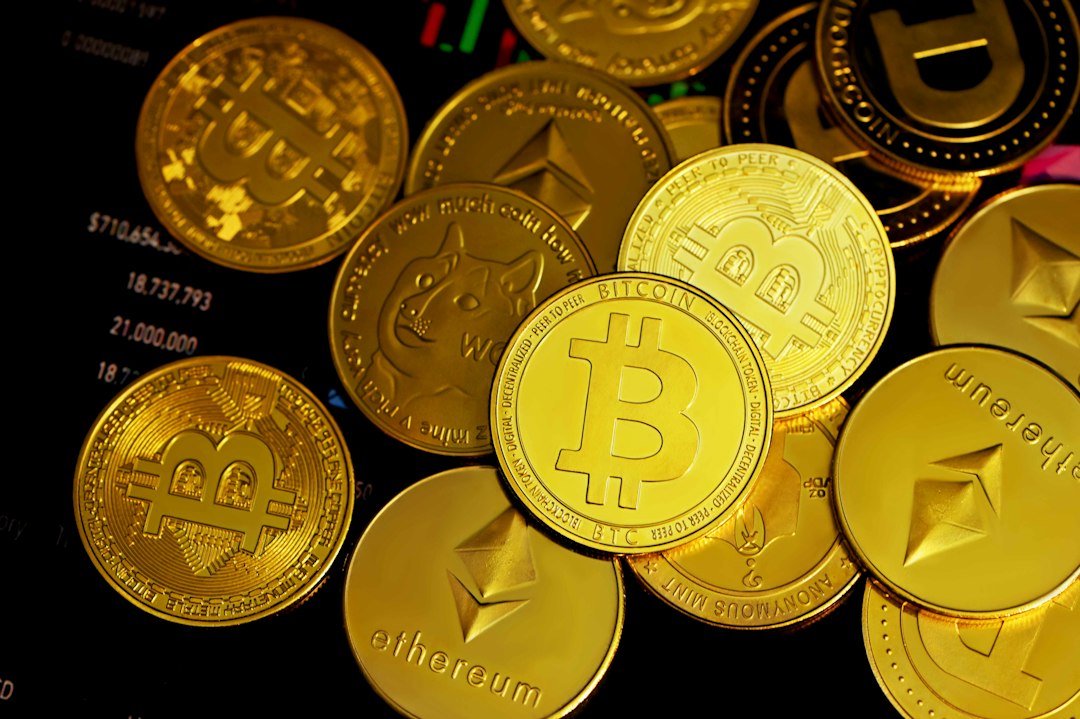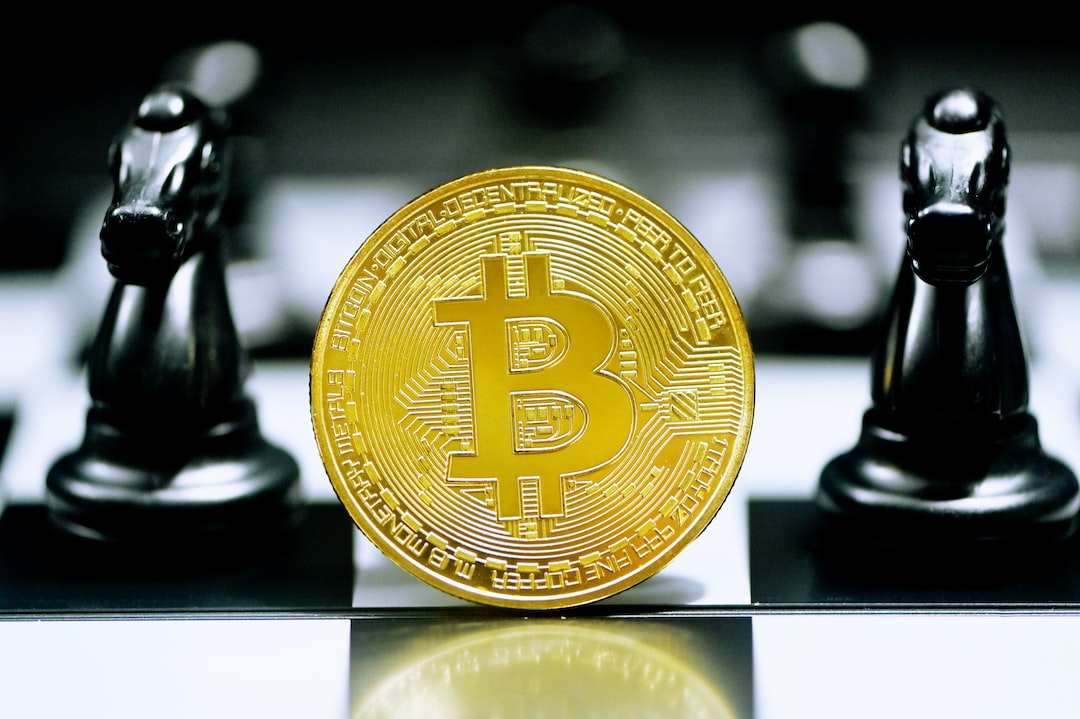IOTA vs Bitcoin: A Comparison of Two Revolutionary Cryptocurrencies
Welcome to the world of cryptocurrencies, where innovation and disruption are the norm. If you’re new to this exciting realm, you’ve probably heard about Bitcoin – the pioneer of digital currencies. However, there’s another cryptocurrency that has been gaining attention lately: IOTA. In this article, we’ll compare these two revolutionary cryptocurrencies and help you understand their differences, advantages, and use cases.
What is Bitcoin?
Bitcoin, created in 2009 by an anonymous person or group of people known as Satoshi Nakamoto, was the first decentralized cryptocurrency. It operates on a technology called blockchain, which is a distributed ledger that records all transactions across a network of computers. Bitcoin’s main goal was to provide a decentralized alternative to traditional financial systems.
What is IOTA?
IOTA, on the other hand, is a relatively newer cryptocurrency that was launched in 2015. It stands for Internet of Things Application and aims to facilitate secure communication and transactions between machines in the emerging Internet of Things (IoT) ecosystem. Unlike Bitcoin, IOTA doesn’t rely on blockchain technology but instead uses a unique system called Tangle.
The Differences
Technology: One of the fundamental differences between Bitcoin and IOTA lies in their underlying technologies. Bitcoin uses blockchain technology, while IOTA utilizes Tangle. Blockchain relies on miners to validate transactions and secure the network, whereas Tangle employs a different approach called Directed Acyclic Graph (DAG) where each transaction confirms two previous ones.
Scalability: Scalability has been a major challenge for many cryptocurrencies including Bitcoin. As more users join the network, transaction times can become slower and fees higher. IOTA, with its Tangle technology, claims to have solved this issue by becoming faster and more efficient as the number of users increases.
Transaction Fees: Bitcoin transactions often come with significant fees due to the high demand for block space. In contrast, IOTA transactions are feeless. This makes IOTA an attractive option for microtransactions and machine-to-machine transactions, which may involve numerous small-value transfers.
Energy Efficiency: Bitcoin mining requires substantial computational power and consumes a significant amount of energy. This has led to concerns about its environmental impact. IOTA, on the other hand, doesn’t rely on mining and is considered more energy-efficient since it doesn’t require the same level of computational resources.
The Advantages
Bitcoin Advantages:
IOTA Advantages:
Use Cases
Bitcoin Use Cases:
IOTA Use Cases:
Frequently Asked Questions (FAQs)
Q: Can I use Bitcoin for everyday purchases?
A: While some merchants accept Bitcoin, its primary use case is currently more focused on being a store of value rather than a medium of exchange for everyday purchases.
Q: Are there any transaction limits in IOTA?
A: Unlike Bitcoin, IOTA doesn’t have transaction limits. Its scalability potential allows for an almost infinite number of transactions per second.
Q: Is one cryptocurrency better than the other?
A: It depends on your specific needs and use cases. Bitcoin has established itself as a store of value and global recognition, while IOTA offers feeless transactions and focuses on IoT applications.
Q: Can I invest in Bitcoin or IOTA?
A: Yes, both Bitcoin and IOTA can be purchased on various cryptocurrency exchanges. However, it’s important to do thorough research and understand the risks associated with investing in cryptocurrencies.
In summary, Bitcoin and IOTA are two groundbreaking cryptocurrencies with different technologies, advantages, and use cases. While Bitcoin remains the most recognized cryptocurrency globally, IOTA’s feeless transactions and focus on IoT applications make it a promising contender. Ultimately, the choice between Bitcoin and IOTA depends on your specific needs and the purpose you intend to use them for.





 By
By
 By
By
 By
By
 By
By
 By
By